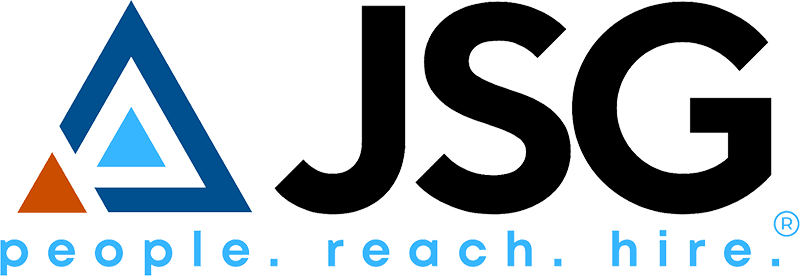The world of work is evolving faster than ever, driven by advancements in technology, shifting workforce demographics, and the rise of new workplace paradigms. As we look toward 2025 and beyond, three major trends stand out as transformative forces reshaping the job market: artificial intelligence (AI), remote work, and changing workforce demographics. For businesses and job seekers alike, understanding these shifts is critical to staying competitive in an ever-changing landscape.
1. The Growing Influence of Artificial Intelligence on Hiring and Staffing
AI is no longer a futuristic concept; it’s a present-day reality influencing everything from recruitment to workforce management.
- Streamlined Recruitment Processes:
AI-powered tools are making it easier for companies to identify top talent quickly. Tools like applicant tracking systems (ATS) with AI capabilities can scan resumes, predict candidate success, and even conduct initial assessments. - Personalized Candidate Experiences:
Chatbots and AI-driven platforms are providing candidates with real-time updates and tailored communication, enhancing their overall experience with staffing firms. - Upskilling and Reskilling Opportunities:
With automation eliminating repetitive tasks, employers are focusing on upskilling their teams for more strategic roles. Staffing firms are uniquely positioned to help connect candidates with opportunities that align with their evolving skill sets.
For staffing and recruiting firms, leveraging AI isn’t just about efficiency—it’s about creating better matches between employers and employees, ensuring long-term success for both.
2. The Shift Toward Remote and Hybrid Work Models
The global shift to remote work during the pandemic left an indelible mark on workplace culture. As companies continue to adapt, remote and hybrid work arrangements are becoming the new norm.
- Expanding Talent Pools:
Employers are no longer constrained by geography when sourcing talent. Staffing firms can now cast a wider net, offering clients access to highly skilled candidates from all over the world. - Challenges in Culture and Collaboration:
While remote work offers flexibility, it also requires intentional efforts to maintain company culture and foster collaboration. Staffing professionals are stepping in to advise clients on building cohesive remote teams and onboarding strategies. - Tech-Driven Collaboration Tools:
Platforms like Slack, Zoom, and Microsoft Teams have become essential, and familiarity with these tools is now a critical skill for candidates. Staffing firms can play a role in preparing job seekers for remote-ready roles.
As remote work continues to grow, staffing firms will serve as essential partners in helping companies navigate this new way of working.
3. Shifting Workforce Demographics: A Generational and Global Perspective
The makeup of the workforce is changing, with significant implications for hiring and staffing.
- Rise of Gen Z and Multigenerational Teams:
By 2025, Gen Z will make up a substantial portion of the workforce, bringing fresh perspectives and digital fluency. Employers are balancing the needs of a multigenerational workforce, blending Gen Z’s tech-savviness with the experience of Baby Boomers and Gen X. - Diversity, Equity, and Inclusion (DEI):
Workforce demographics are becoming more diverse than ever, and candidates expect employers to prioritize DEI initiatives. Staffing firms play a pivotal role in ensuring equitable hiring practices and fostering inclusive workplaces. - Globalization and Workforce Mobility:
The job market is increasingly global, with professionals seeking opportunities across borders. Staffing firms that understand cross-cultural hiring practices and immigration policies will be at an advantage.
By understanding these demographic shifts, staffing firms can help both clients and candidates adapt to a more diverse and interconnected workforce.
How Staffing Firms Can Lead the Way
As these trends unfold, staffing and recruiting firms are uniquely positioned to guide both employers and job seekers through the changing landscape.
- For Employers:
Staffing firms can provide insights into the latest hiring technologies, advise on remote work best practices, and connect businesses with diverse, top-tier talent. - For Candidates:
Staffing firms can offer career coaching, help job seekers navigate remote opportunities, and match them with roles that align with their skills and career goals.
The future of work is here, and those who embrace these trends will be best positioned to thrive in 2025 and beyond.
Closing Thoughts
The job market of the future will be shaped by innovation, adaptability, and a deeper commitment to inclusivity. AI, remote work, and shifting demographics are not just trends—they’re the foundation of a new era in staffing and hiring.
At JSG, we’re at the forefront of these changes, helping our clients and candidates navigate this dynamic landscape with confidence. Whether you’re looking to adapt your hiring strategy or explore new career opportunities, we’re here to help you succeed in the workforce of tomorrow.
Ready to take the next step? Contact us today to learn how JSG can support your hiring or job search needs in this ever-evolving job market.




